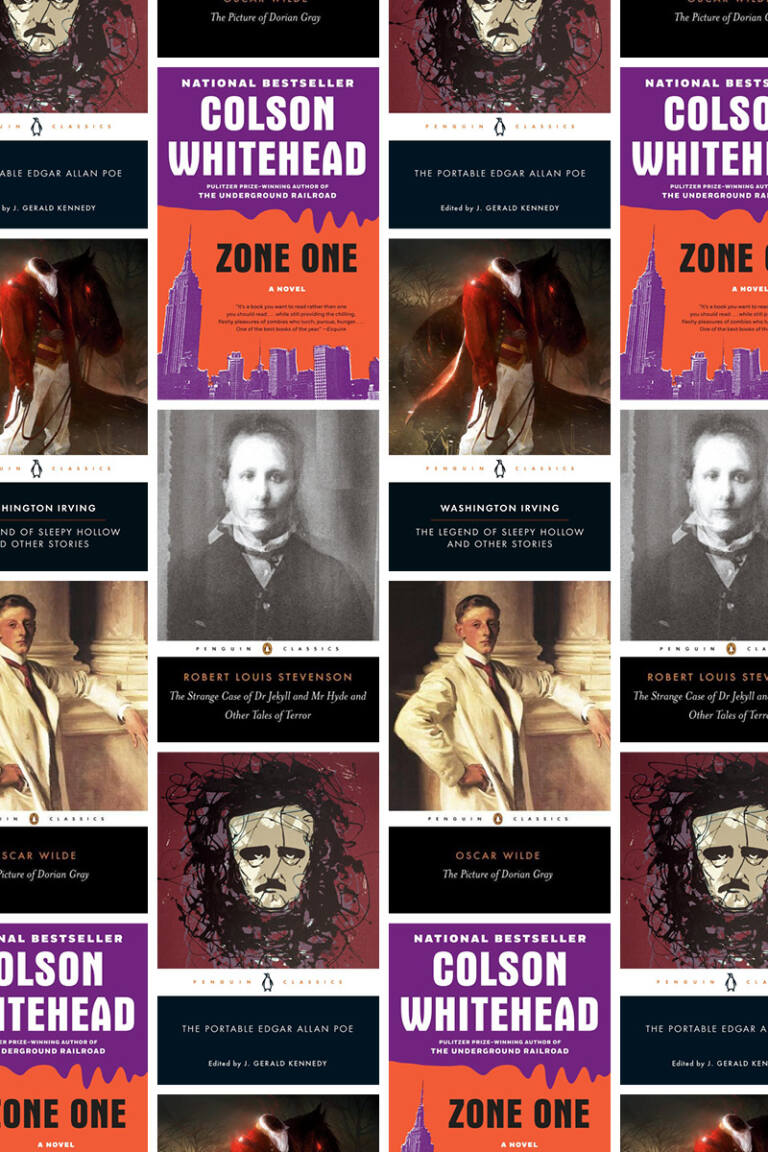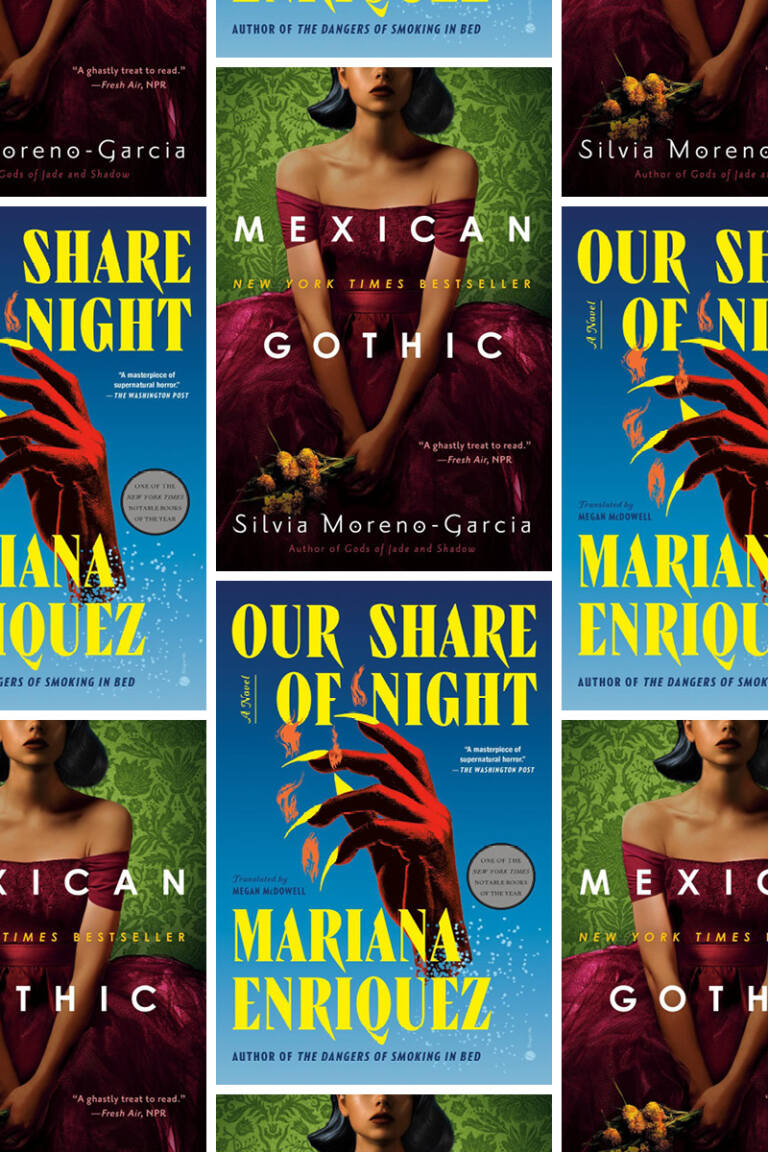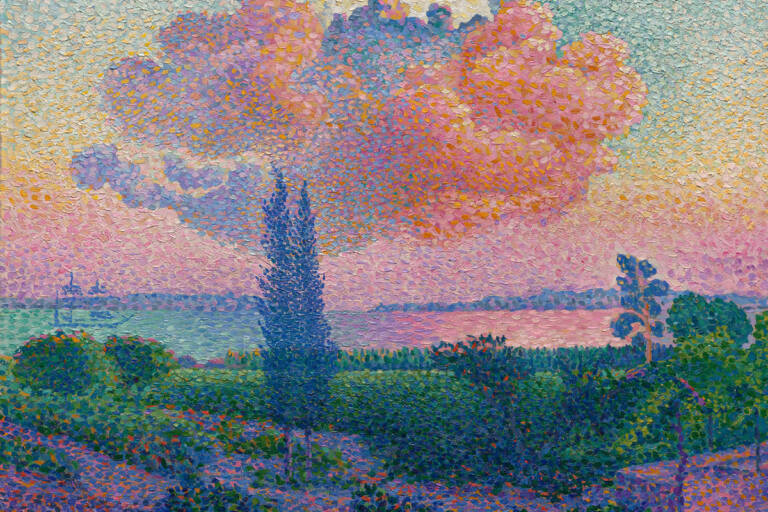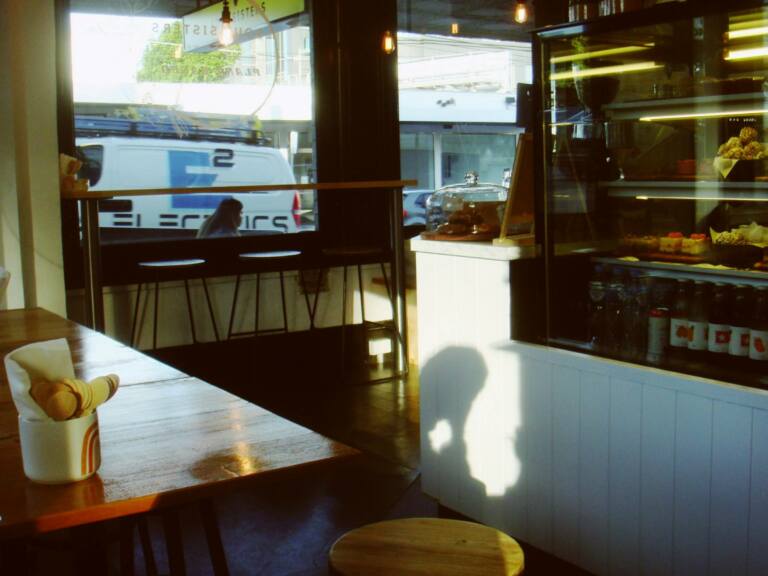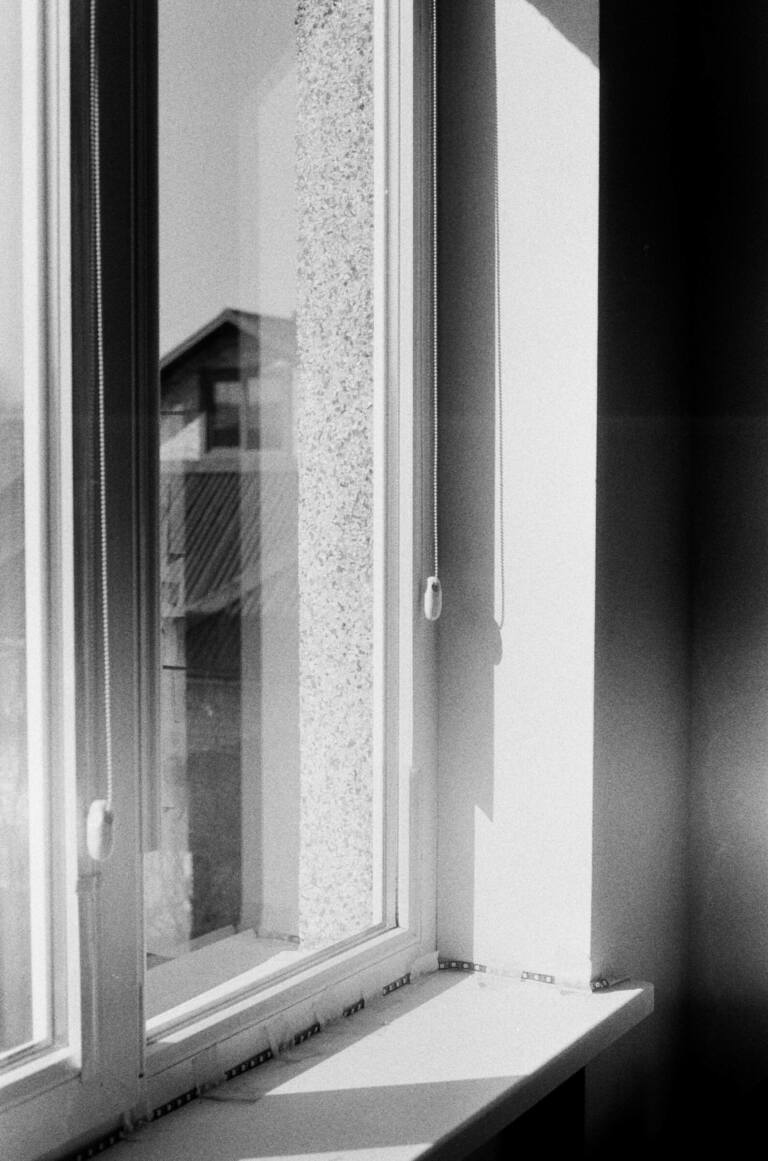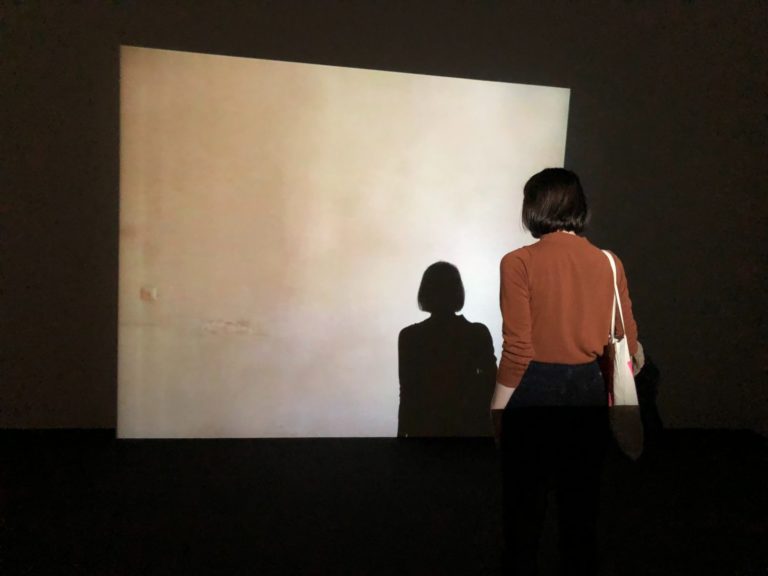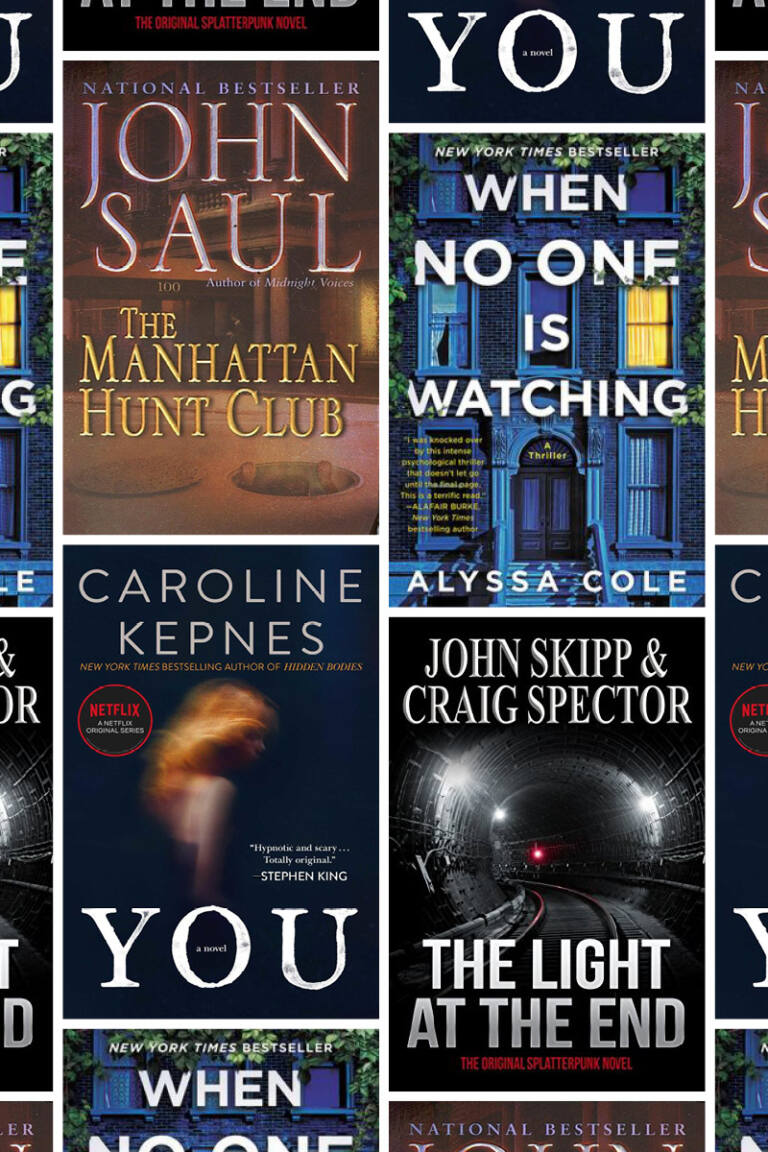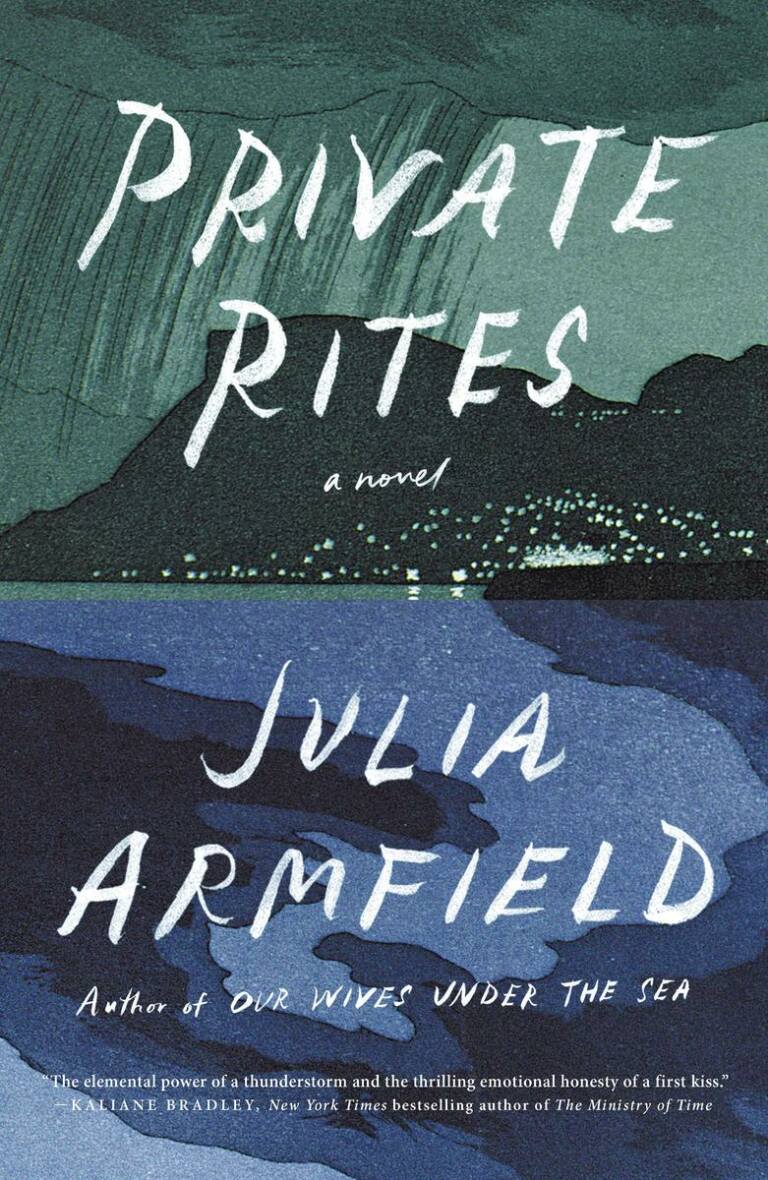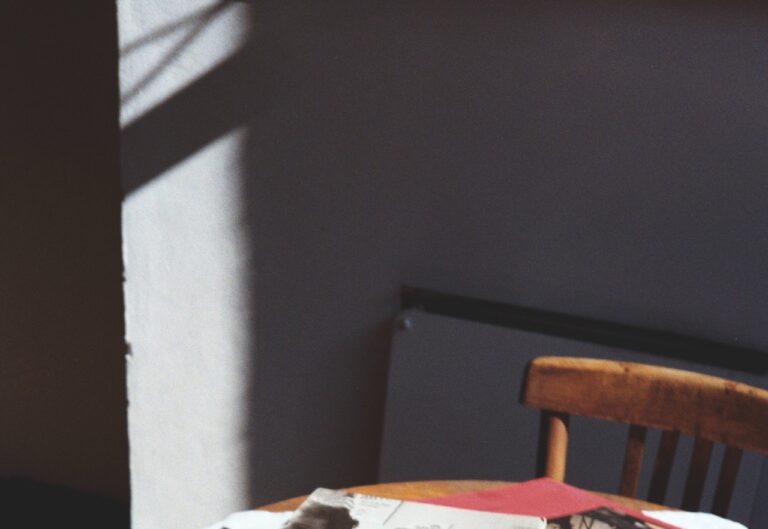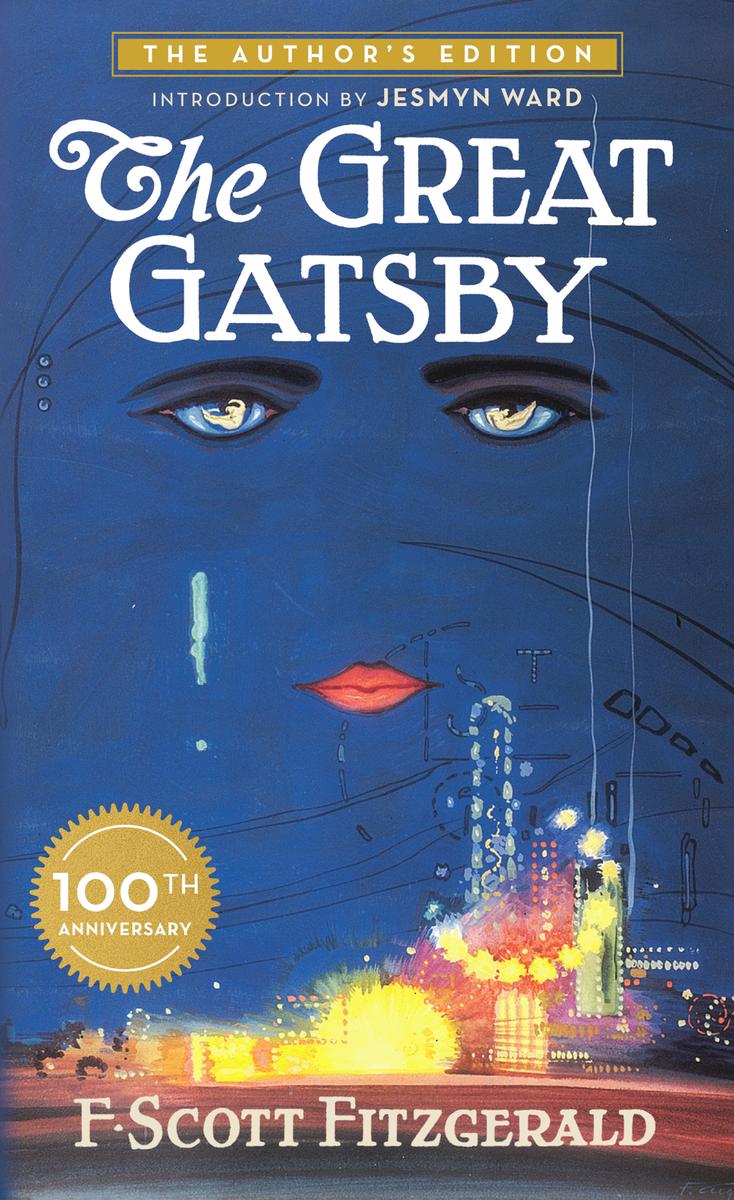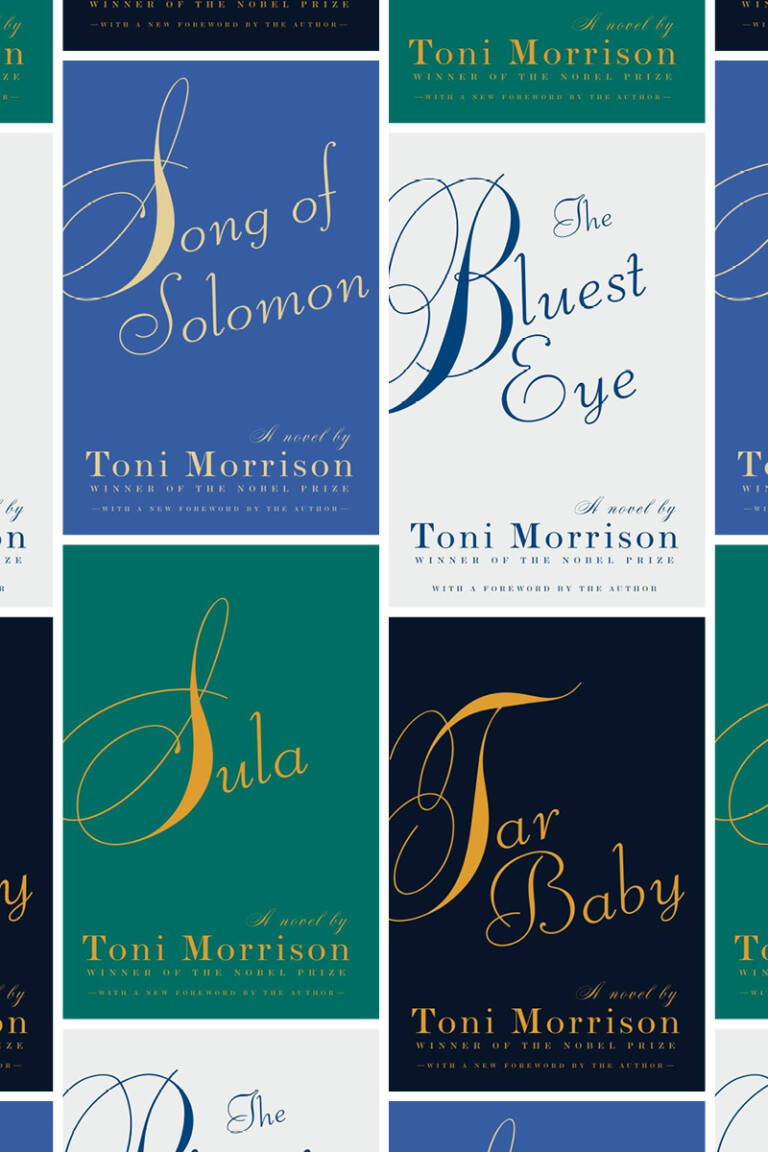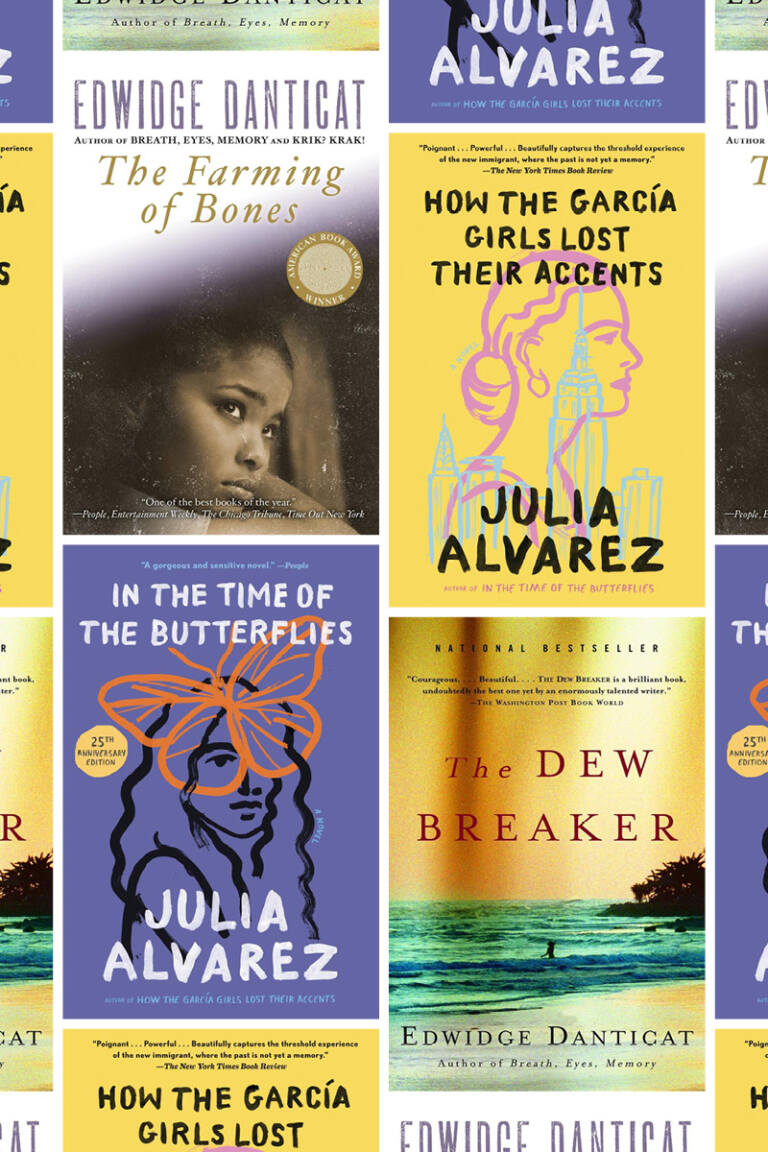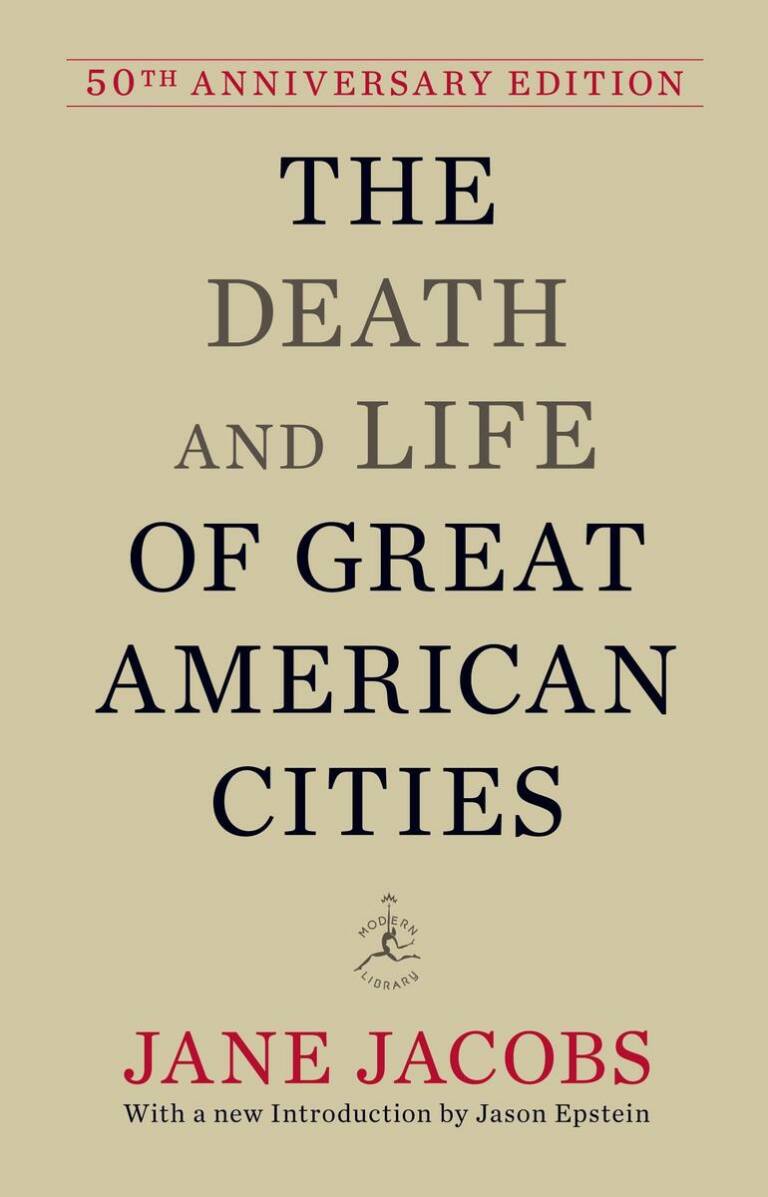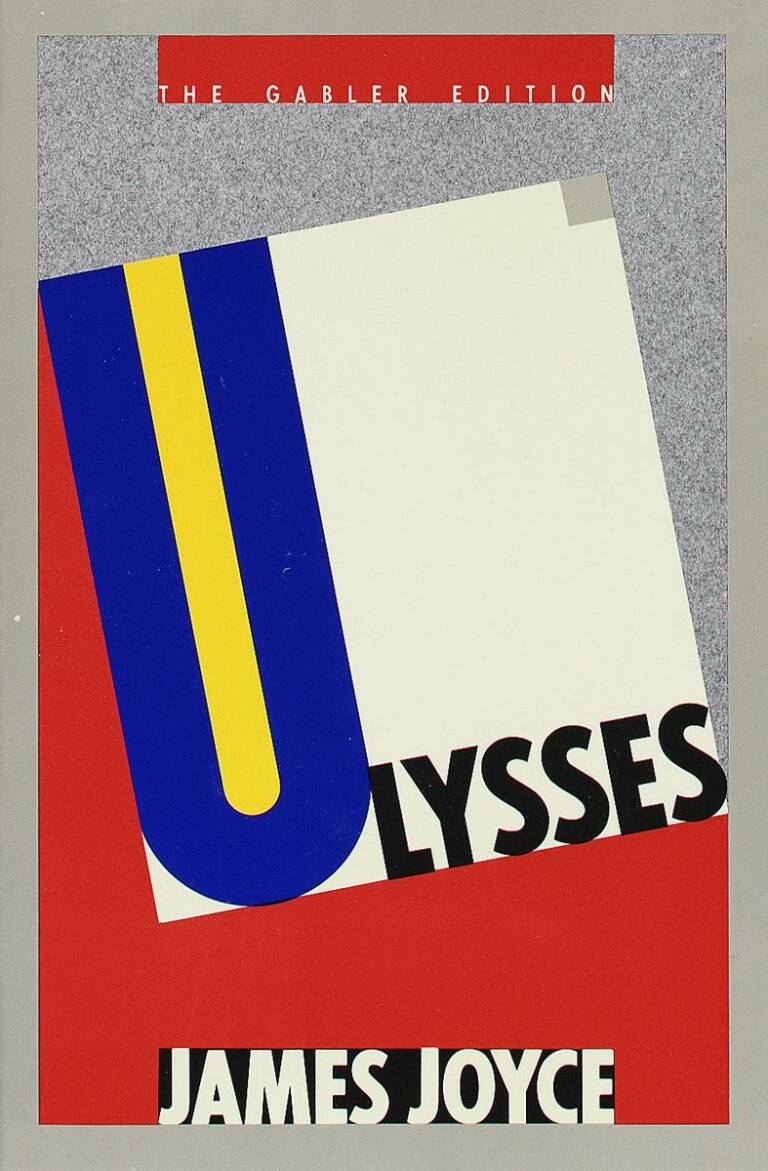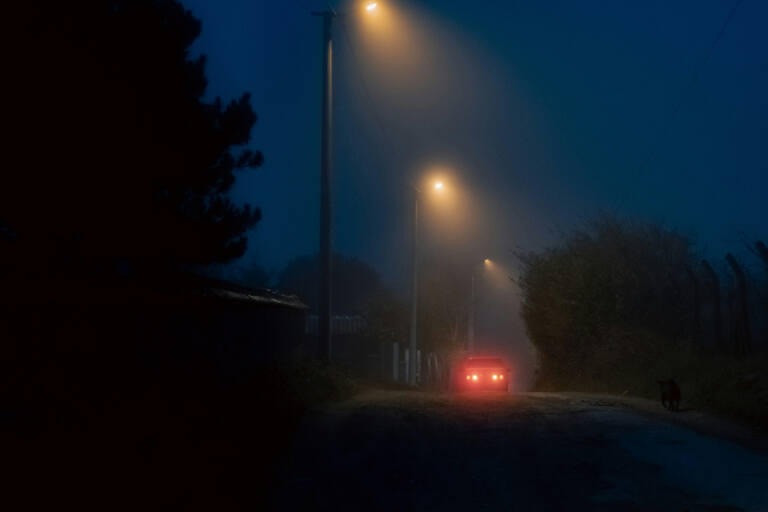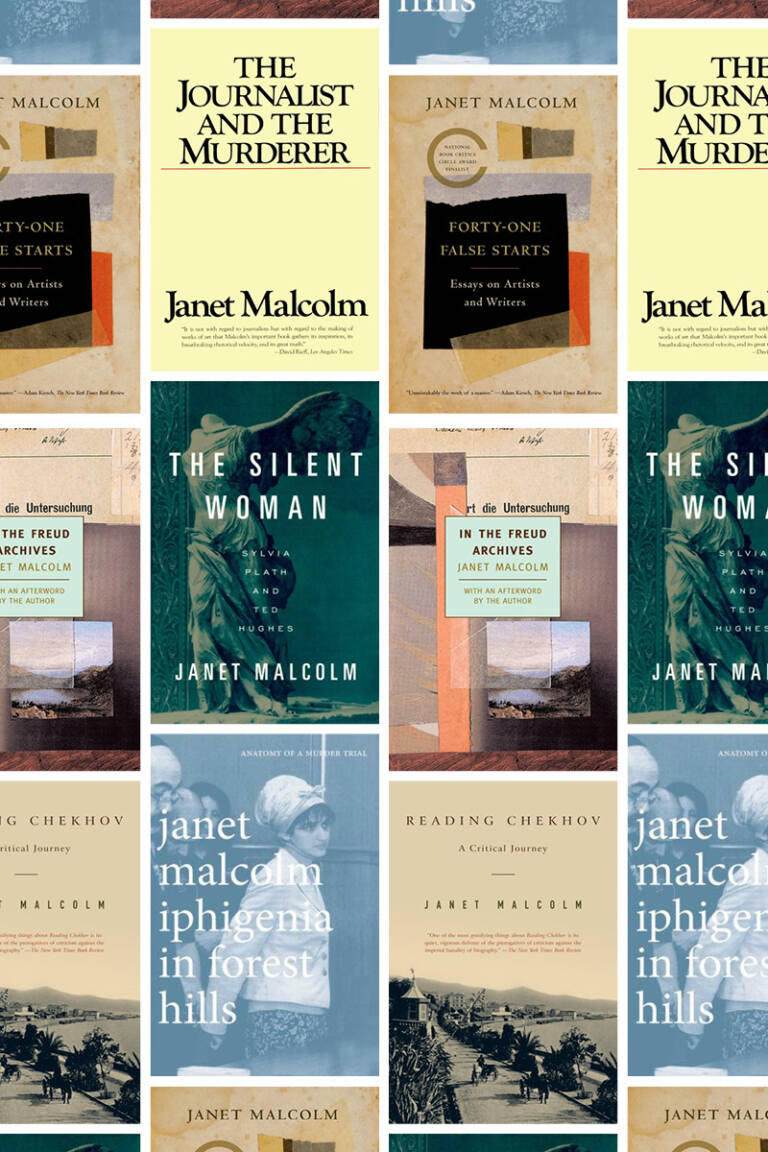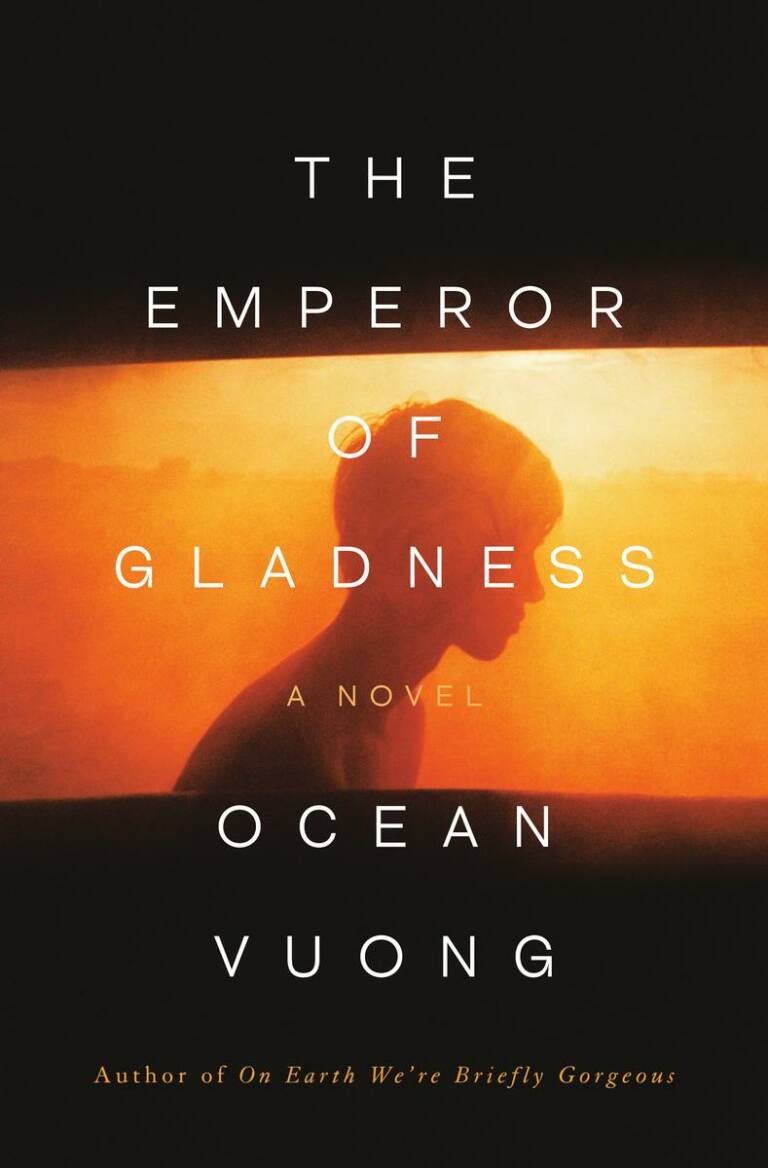Writing Workshops
Getting Unstuck: How to Edit Yourself and Generate New Work from Life with James Yeh
$175
2 sessions
In stock
Saturday & Sunday 1:00 pm EDT - 4:00 pm EDT October 4 to October 5, 2025
The Center for Fiction
Feeling stuck? Don’t know where to go, or what to try next? This two-day weekend intensive aims to uncover radical, imaginative, and accessible approaches to editing ourselves and generating new work from life. Using approaches drawn from writers and editors such as Lydia Davis, Samuel R. Delany, Gordon Lish, Raymond Carver, Amy Hempel, Garielle Lutz, Tetman Callis, and others, participants will be emboldened to apply these techniques to their own work and literary practice.
Course Outline:
- Day One will focus on practical approaches to generating new work from lived and observed experience. Together, we will discuss insightful craft essays by Lydia Davis and Samuel R. Delany on notetaking, journal-keeping, drafting, and revision (“Thirty Recommendations for Good Writing Habits” and “Some Notes for the Intermediate and Advanced Creative Writing Student”), alongside looks at Davis’s hand-revised manuscripts and Delany’s notebooks. We will then apply that approach to the outside world, where we will begin generating explosive new work from real-life observations.
- Day Two will focus on a close reading of the influential editor Gordon Lish’s edit of Raymond Carver’s classic short story “What We Talk About When We Talk About Love,” alongside a lively discussion of Lish’s methods and instruction (Amy Hempel’s 1984 “Captain Fiction” profile in Vanity Fair and former Lish student Tetman Callis’s “The Gordon Lish Notes”). Included in this discussion will be writer, and Lish protégé, Garielle Lutz’s “The Sentence Is a Lonely Place.” In the last thirty minutes, we will apply what we’ve learned to a bold new edit of our own work, sharing our work with the group and reflecting on the results.
Reading List:
- Saturday: Generating Work from Life
- Lydia Davis, “Thirty Recommendations for Good Writing Habits” (~30 pages)
- Samuel R. Delany, “Some Notes for the Intermediate and Advanced Creative Writing Student” (~30 pages)
- Sunday: Editing Yourself
- Raymond Carver, “What We Talk About When We Talk About Love” (as edited by Gordon Lish) (~15 pages)
- Amy Hempel, “Captain Fiction” (~15 pages)
- Suggested but not required: Tetman Callis, “The Gordon Lish Notes” (~40 pages)
Teaching Style: My teaching style is aimed at empowering students and demystifying the act of writing so that they may more clearly understand how writing gets made, and the writerly habits and practices that foster this work. I seek to impart practical approaches on the level of craft and process, alongside generative readings, writing prompts, and editorial feedback, drawn from years as a writing instructor at Columbia University, a seasoned editor in media and literary publishing, and my own experience as a working writer and journalist. Students can expect to come away with new approaches to writing, editing, and reading, as well as—I hope—a greater sense of agency, confidence, and perspective to pursue their own work.
Level: Intended for Intermediate to Advanced, but all levels are welcome.
This course will be held in person at The Center for Fiction.

Led by
-
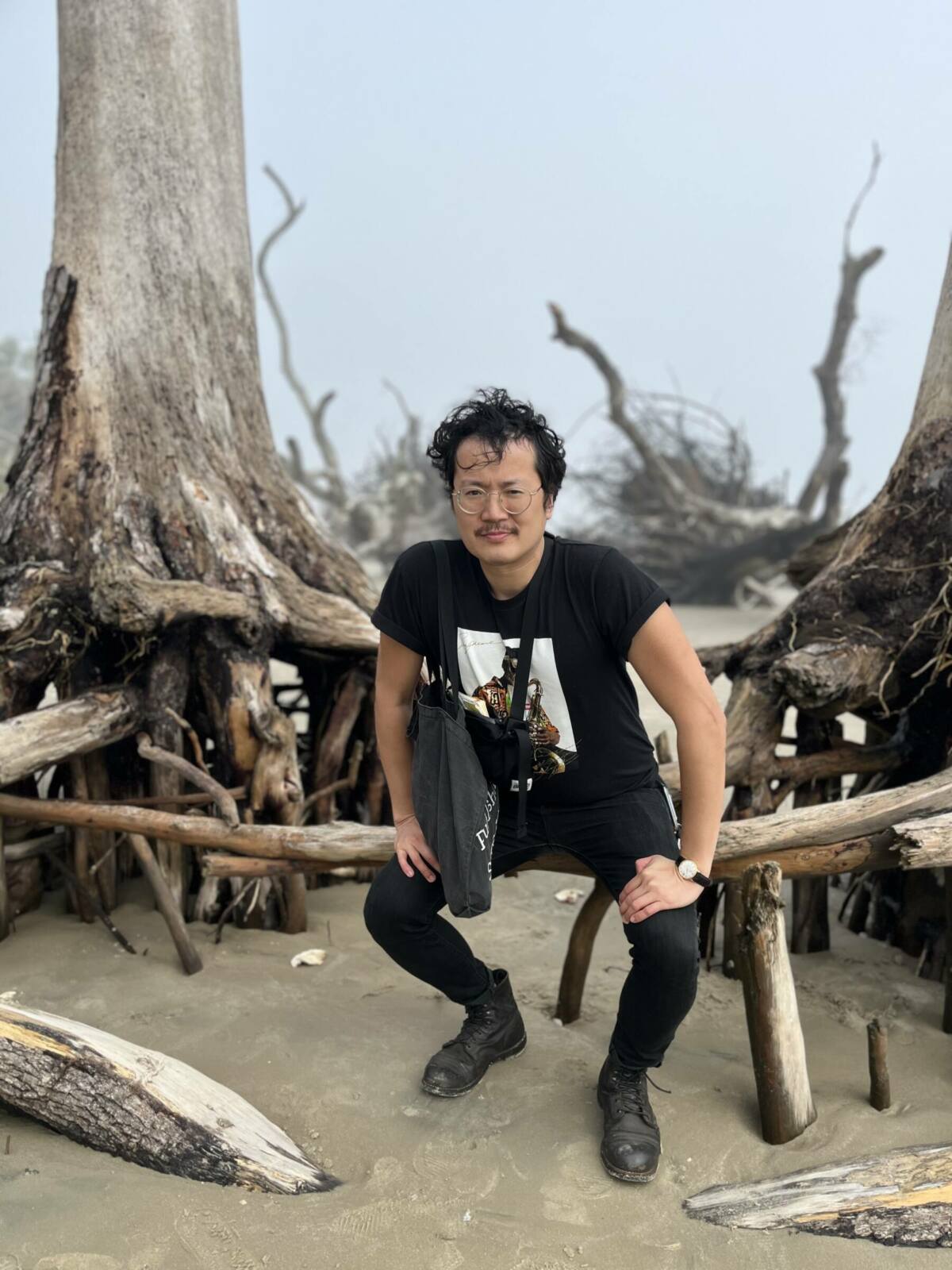
James Yeh
James Yeh
James Yeh is a writer, editor, journalist, and educator. His nonfiction appears in the New York Times, New York magazine, the Guardian, The Believer, and Columbia Journalism Review. His fiction appears in the Drift, McSweeney’s Quarterly, NOON, Tin House, and Dissent. His work was cited as notable in The Best American Essays 2022 and The Best American Nonrequired Reading 2011, and has been supported by The Center for Fiction, MacDowell, Hub City Writers Project, and VCCA. Formerly, he was an editor at McSweeney’s Quarterly, The Believer, and VICE, where stories he edited were selected for The Best American Short Stories 2024 and the 2024 O. Henry Prize Winners. He currently teaches writing at Columbia University.
Photo Credit: Jessica Parks
About this series
Writing Workshops
We strive to make our classes the most inviting and rewarding available, offering an intimate environment to study with award-winning, world-class writers. Each class is specially designed by the instructor, so whether you’re a fledgling writer or an MFA graduate polishing your novel, you’ll find a perfect fit here.


